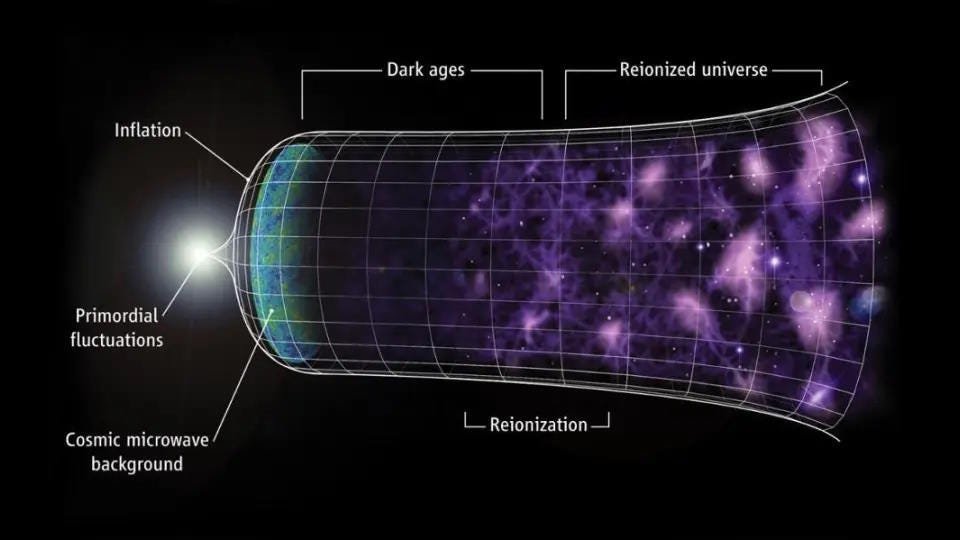For as long as humans have been around, our innate curiosity has compelled us to ask questions about the universe. Why are things the way they are? How did they get to be this way? Were these outcomes inevitable or could things have turned out differently if we rewound the clock and began things all over again? From subatomic interactions to the grand scale of the cosmos, it’s only natural to wonder about it all. For innumerable generations, these were questions that philosophers, theologians, and mythmakers attempted to answer. While their ideas may have been interesting, they were anything but definitive.
Modern science offers a superior way of approaching these puzzles. No longer do we consider the Big Bang, once thought to be the ultimate origin of our Universe, to have occurred at a single moment or event in space and time. We can now ask questions such as “what existed before the Big Bang?” as well as “why did the Big Bang happen?” When it comes to even the biggest questions of all, science provides us with the best answers we can muster, given what we know and what remains unknown, at any point in time. Here and now, these are the best robust conclusions we can reach.

